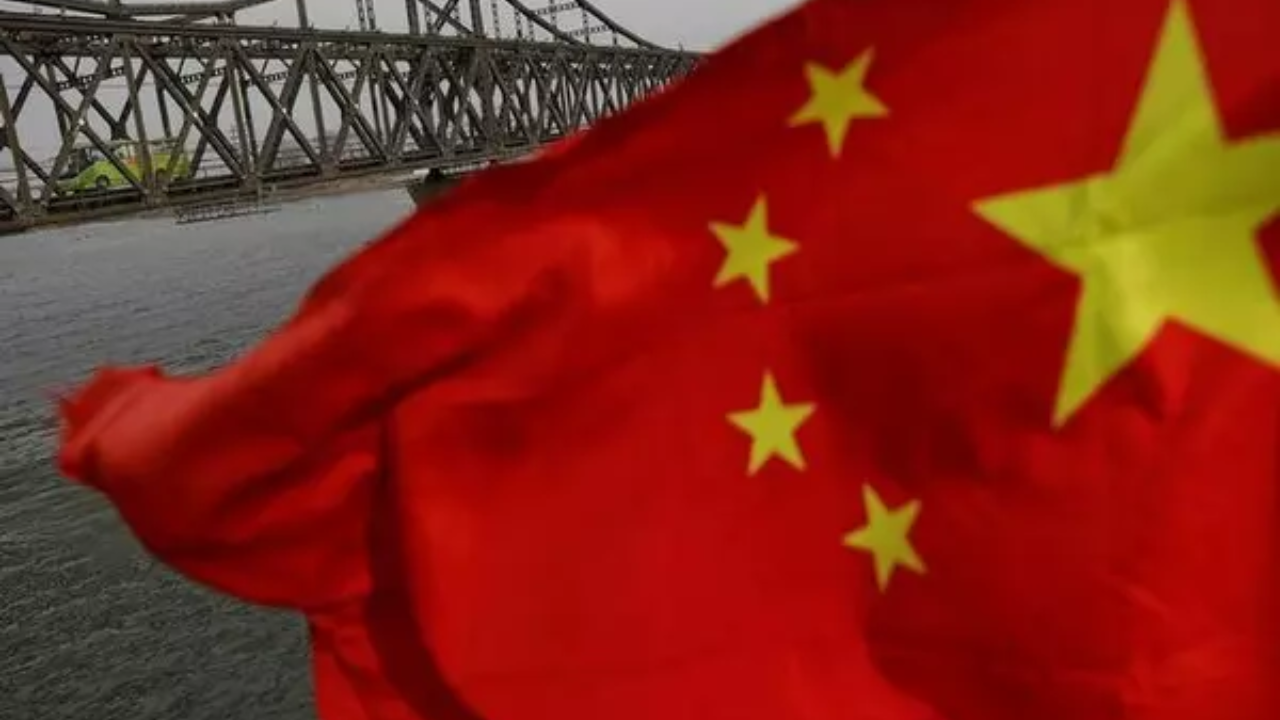CHONGQING: The EU reiterated its persistent concerns regarding fundamental freedoms, labour rights, judicial independence, and cases of forced labour in China, during the 39th session of the joint human rights dialogue held in Chongqing.
The session, which took place on June 16, followed a side visit to Tibet from June 13-15.
In a press statement, the EU voiced concerns over restrictions on freedoms of expression, assembly, and religion in Tibet. It also highlighted the issues of rights to equality and freedom from discrimination, including the rights of women and LGBT.
The EU also reiterated its unequivocal opposition to the death penalty, urging China to implement a moratorium and provide transparent data on its use.
It emphasized that religious leaders should be selected without government interference, respecting religious norms, particularly in the case of the Dalai Lama’s succession.
The EU highlighted the vulnerability of religious, ethnic, and linguistic minorities, including Uyghurs and Tibetans, the negative impact of Hong Kong’s new national security legislation on rights and freedoms, and the erosion of the region’s autonomy.
Expressing deep concerns over the human rights situation in Xinjiang, Tibetan areas, and Hong Kong, the EU cited reports of crackdowns on human rights defenders, lawyers, and journalists.
It further urged Beijing to stop human rights violations and investigate the cases of unlawful detention, enforced disappearance, torture, and ill-treatment.
Specific cases raised included EU citizen Gui Minhai, Uyghur academic Ilham Tohti, and Tibetan activists Go Sherab Gyatso and Tashi Dorje.
The EU also addressed the detention of individuals for exercising freedoms of religion, belief, expression, and peaceful assembly, highlighting the cases of Xu Na, Pastor Wang Yi, Zhang Chunlei, Ding Yuande, Yu Wensheng, Xu Yan, Zhang Zhan, Li Qiaochu, Peng Lifa, and Kamile Wayit.
The EU also called for a reassessment of China’s national security framework to ensure compliance with international human rights law.
It encouraged Beijing to invite UN special procedures and monitoring bodies to assess and improve its human rights record.
China, in response, discussed the situation of refugees, migrants, and manifestations of racism in the EU, and focused on economic, social, and cultural rights there.
The EU also updated China on incoming European legislation requiring human rights due diligence for companies and prohibiting products made with forced labour on the EU market.
Both parties affirmed the importance of upholding the Universal Declaration of Human Rights and discussed achieving the full realization of economic, social, and cultural rights alongside civil and political rights. The EU emphasized that all human rights are interconnected, interdependent, and equally necessary for protecting human dignity.
The Dialogue concluded with an agreement to continue exchanges in preparation for the next Human Rights Dialogue in 2025.
It was co-chaired by Paola Pampaloni, deputy managing director for Asia and the Pacific in the European external action service, and Shen Bo, director general for international organisations and conferences at China’s ministry of foreign affairs, with EU member states participating as observers.
The session, which took place on June 16, followed a side visit to Tibet from June 13-15.
In a press statement, the EU voiced concerns over restrictions on freedoms of expression, assembly, and religion in Tibet. It also highlighted the issues of rights to equality and freedom from discrimination, including the rights of women and LGBT.
The EU also reiterated its unequivocal opposition to the death penalty, urging China to implement a moratorium and provide transparent data on its use.
It emphasized that religious leaders should be selected without government interference, respecting religious norms, particularly in the case of the Dalai Lama’s succession.
The EU highlighted the vulnerability of religious, ethnic, and linguistic minorities, including Uyghurs and Tibetans, the negative impact of Hong Kong’s new national security legislation on rights and freedoms, and the erosion of the region’s autonomy.
Expressing deep concerns over the human rights situation in Xinjiang, Tibetan areas, and Hong Kong, the EU cited reports of crackdowns on human rights defenders, lawyers, and journalists.
It further urged Beijing to stop human rights violations and investigate the cases of unlawful detention, enforced disappearance, torture, and ill-treatment.
Specific cases raised included EU citizen Gui Minhai, Uyghur academic Ilham Tohti, and Tibetan activists Go Sherab Gyatso and Tashi Dorje.
The EU also addressed the detention of individuals for exercising freedoms of religion, belief, expression, and peaceful assembly, highlighting the cases of Xu Na, Pastor Wang Yi, Zhang Chunlei, Ding Yuande, Yu Wensheng, Xu Yan, Zhang Zhan, Li Qiaochu, Peng Lifa, and Kamile Wayit.
The EU also called for a reassessment of China’s national security framework to ensure compliance with international human rights law.
It encouraged Beijing to invite UN special procedures and monitoring bodies to assess and improve its human rights record.
China, in response, discussed the situation of refugees, migrants, and manifestations of racism in the EU, and focused on economic, social, and cultural rights there.
The EU also updated China on incoming European legislation requiring human rights due diligence for companies and prohibiting products made with forced labour on the EU market.
Both parties affirmed the importance of upholding the Universal Declaration of Human Rights and discussed achieving the full realization of economic, social, and cultural rights alongside civil and political rights. The EU emphasized that all human rights are interconnected, interdependent, and equally necessary for protecting human dignity.
The Dialogue concluded with an agreement to continue exchanges in preparation for the next Human Rights Dialogue in 2025.
It was co-chaired by Paola Pampaloni, deputy managing director for Asia and the Pacific in the European external action service, and Shen Bo, director general for international organisations and conferences at China’s ministry of foreign affairs, with EU member states participating as observers.

